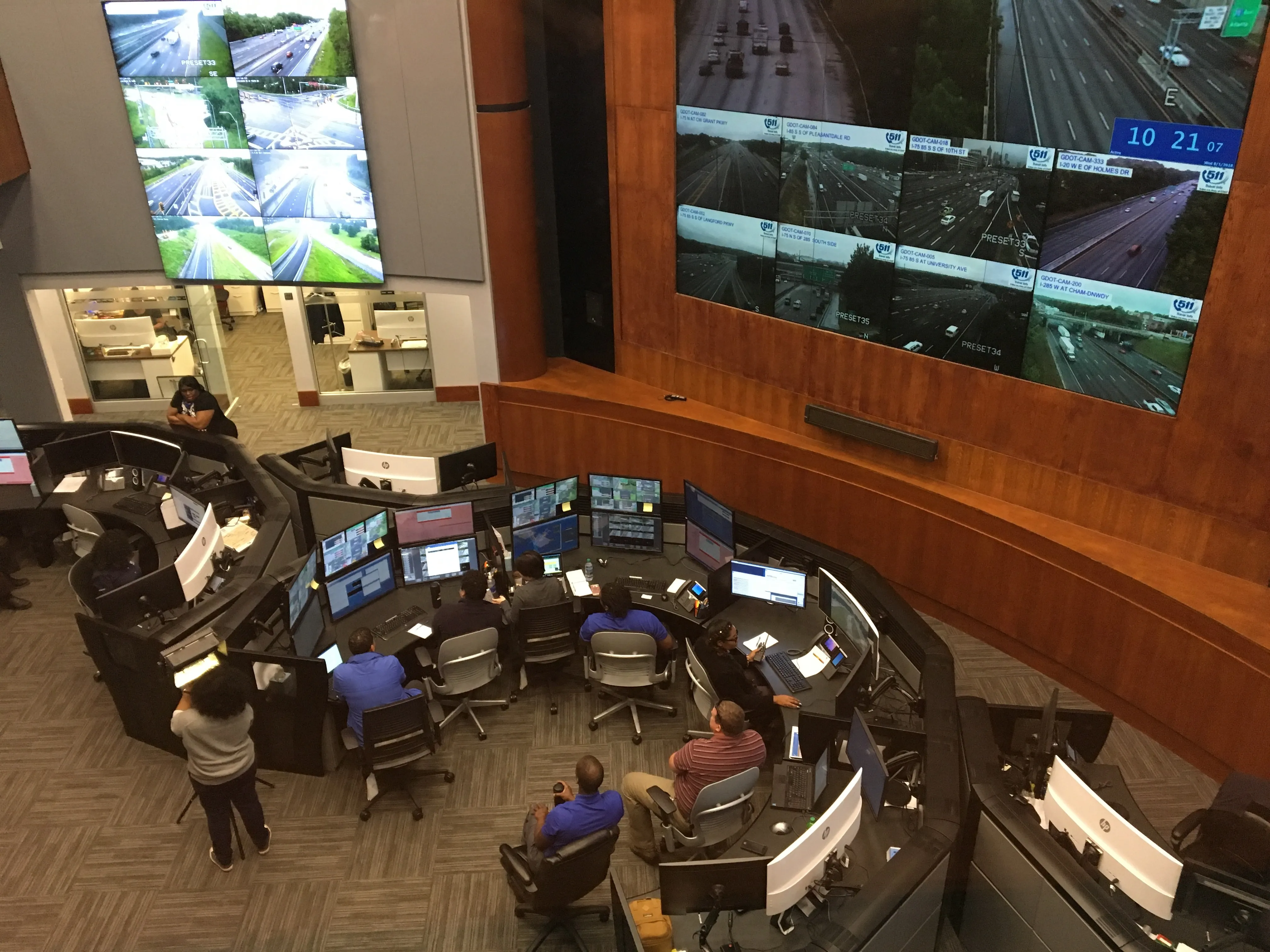Global Traffic Technologies (GTT) is to provide the city of Grand Prairie in Texas with its Opticom emergency vehicle pre-emption (EVP) solution. Opticom works alongside intersection controllers to help ensure emergency vehicles can move through intersections rapidly and safely.
The system has been deployed at 22 of the city’s busiest intersections, allowing Opticom-enabled emergency vehicles to send a request to the intersection controller ahead of its arrival and turning the signal green to expedite it
March 3, 2017
Read time: 1 min
The system has been deployed at 22 of the city’s busiest intersections, allowing Opticom-enabled emergency vehicles to send a request to the intersection controller ahead of its arrival and turning the signal green to expedite its passage.









